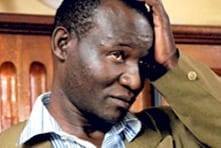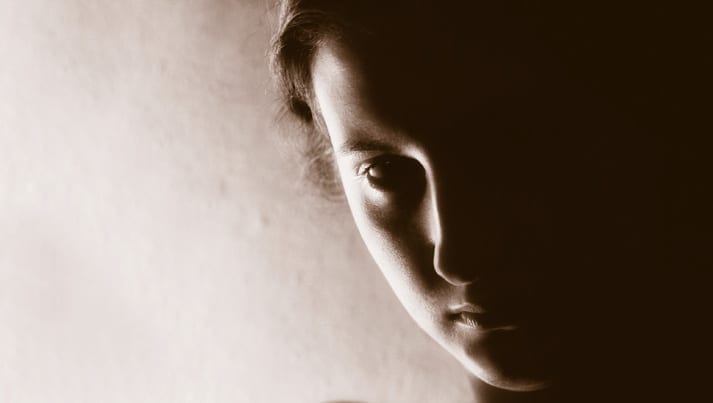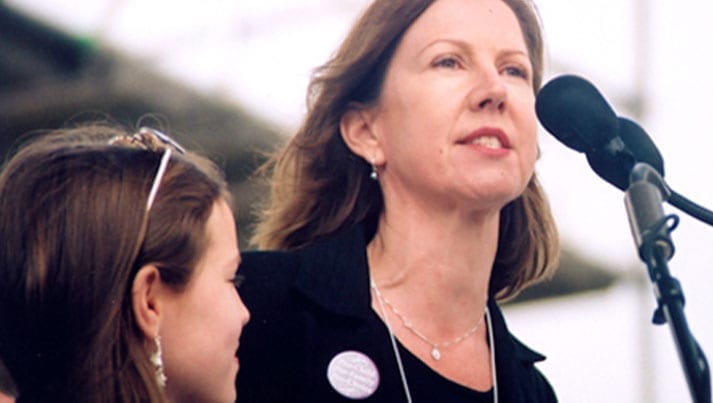Center Sues Kenyan Officials Over Recent Ban on Marie Stopes
(PRESS RELEASE) The Center for Reproductive Rights and co-counsel Sofia Rajab-Leteipan of Leteipan & Associates Advocates have today filed a case at the High Court, Nairobi, against Kenyan government officials. The petition is challenging the Kenya Medical Practitioners and Dentists Board (KMPDB, Kenya’s medical regulatory authority) on their recent decision to ban Marie Stopes Kenya from providing any abortion and post abortion care services to women and girls despite the fact that abortion is allowed under the Constitution when the health or the life of the woman is in danger or in cases of emergency.
Marie Stopes Kenya—an organization that provides quality, affordable reproductive health care to poor, vulnerable, and under-served populations in clinics across Kenya—has also been banned by the Kenya Film and Classification Board (KFCB) from providing reproductive health information to women and girls, following allegations that the charity was promoting abortion through a radio campaign they ran on Radio Africa.
In Kenya, abortion is allowed if in the opinion of a medical provider a woman’s life or health is at risk, or in emergency situations. Post abortion care is essential emergency care, care to which every woman is entitled.
The Center is filing the suit against the Cabinet Secretary for Health and the Director of Medical services, the Kenya Medical Practitioners and Dentist Board, the Kenya Film and Classification Board and its CEO, Ezekiel Mutua.
The actions of the Kenya Medical Practitioners and Dentists Board (KMPDB) and Kenya Film Classification Board (KFCB) undermine Kenyan women and girls’ access to reproductive health services and information, including access to safe and legal abortion and violates their human rights. In addition, the ban by the medical board has had a chilling effect on healthcare service providers who are now in fear of providing these essential, life-saving services for fear of harassment and prosecution.
An estimated 464,690 women underwent an abortion in Kenya in 2012 and nearly 120,000 women were admitted to public health facilities that year for severe complications, according to a study conducted by African Population and Health Research Center and the Ministry of Health. Further, the report found that unsafe abortion accounts for a quarter of maternal deaths in Kenya.
The health of Kenyan women and girls is now in jeopardy. Many will be forced to seek unsafe alternatives in the absence of affordable, quality care that is provided in nonjudgmental settings such as Marie Stopes.
“Any ban on reproductive health services is a violation of the Kenyan Constitution and fundamental human rights and is an affront to women and girls,” said Evelyne Opondo, the Senior Regional Director for Africa, at the Center for Reproductive Rights, “We have seen time and time again that when governments limit or prevent qualified healthcare providers from providing abortion services, women and girls are forced to pursue unsafe and harmful alternatives.”
“Women of reproductive age need to access information that will enable them make informed decisions about their bodies and lives. It is therefore the government’s obligation to put in place policies and guidelines that address access to safe abortion services and ensure the full implementation of those policies,” continued Ms. Opondo, “Women are dying from complications and disabilities that arise from unsafe abortion, yet these deaths are easily preventable. The government must show commitment towards addressing the issue of unsafe abortion to reduce the high rates of maternal mortality.”
A report by the United Nations Population Fund (UNFPA) Kenya shows that a total of 378, 397 adolescent girls became pregnant between July 2016 and June 2017. More specifically, there were 28,932 girls ages 10-14 and 349,465 girls aged 15-19 who became pregnant. The Ministry of Health should do more to prevent teenage pregnancies and their attendant consequences including by availing information that can enable girls and women to prevent unintended pregnancies.
The Marie Stopes ban is another indication that the Ministry of Health has not prioritized women and girls’ health and their lives continue to be at risk with the denial of access to reproductive health services.
Since 2015 the Center for Reproductive Rights and other activists in Kenya have been in court challenging the withdrawal of the Standards and Guidelines that were meant to reduce maternal morbidity and mortality arising from unsafe abortion. The Center for Reproductive Rights filed a case against the Attorney General, the Ministry of Health and the Director of Medical Services on behalf of The Federation of Women Lawyers (FIDA) Kenya, two community human rights mobilizers, and an adolescent rape survivor who has since died from complications of unsafe abortion. The Center is urging the High Court to protect women’s health and lives by restoring safe abortion trainings and calling on the Ministry of Health to introduce standards and guidelines that appropriately clarify when legal abortion can be provided based on the grounds set forth in the Constitution. The final hearing for the Standards and Guidelines case is scheduled to take place next week at the High Court.



